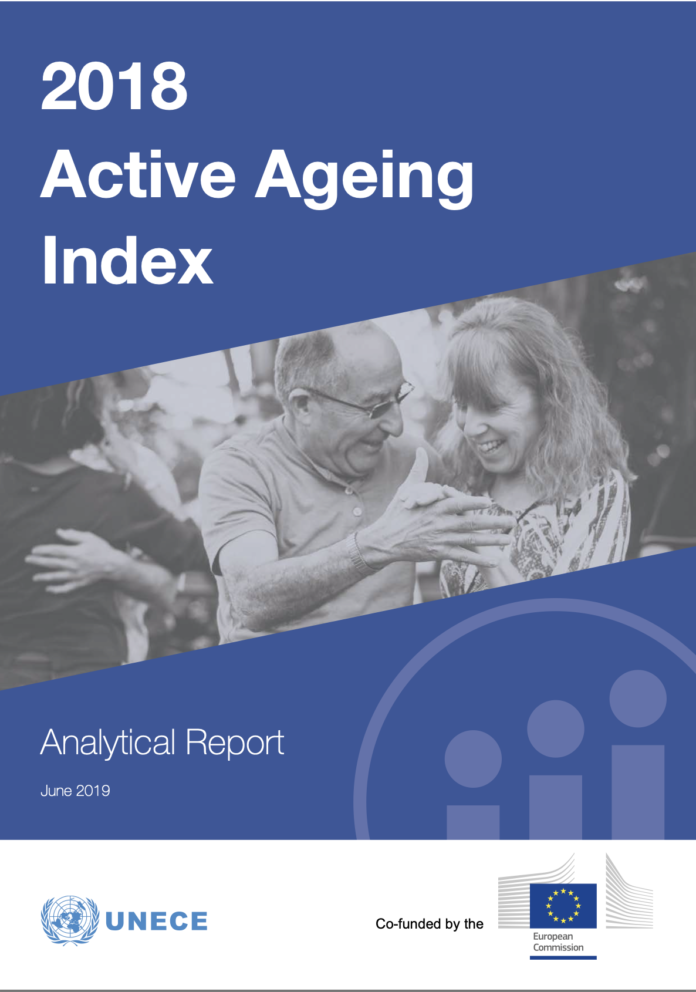This report provides a range of examples on how the Active Ageing Index (AAI) can be used as a practical tool by policymakers, researchers
and other interested parties to identify areas where appropriate policies can realise the active potential of older people. To this end, the conceptual framework underlying the AAI follows a multidimensional perspective. It takes into account the different forms through which older persons
contribute to society and economy – by means of paid or voluntary work, informal care, political participation, or by keeping healthy, informed and
independent lifestyles even at an advanced age. It also considers environmental factors which enable them to be more active (such as, for instance, the educational and care systems, or the different
infrastructures promoting well-being, social cohesion and digitalisation).
Reflecting this approach, the AAI consists of twenty-two indicators grouped into four domains: Employment; Participation in society; Independent, healthy and secure living; and Capacity and enabling environment for active ageing. While the first three domains aim to capture experiences and achievements, the fourth tries to quantify the contextual conditions
enabling or hindering active ageing. By doing so, the AAI compels us to look at population ageing in a comprehensive and multifaceted way, thus preventing unilateral and limiting – if not discriminatory – approaches. As a result, it contributes to making older people’s contribution to society more visible, and also helps policymakers and other stakeholders understand which areas present more challenging situations, thus requiring more effective interventions to accomplish a societally more balanced ageing experience.
Lamura G., Principi A. (2019) Active Ageing Index: 2018 Analytical Report. Geneva, UNECE/European Commission
Director of Centre for Socio-Economic Research on Ageing, Italy’s National Institute of Health and Science on Ageing, Ancona, Italy
Giovanni Lamura leads the Centre for Socio-Economic Research on Ageing at INRCA (Italy’s National Institute of Health and Science on Ageing). He graduated in Economics, achieved a PhD in “Life course and social policy” (University of Bremen, Germany), and was visiting fellow at University of Hamburg-Eppendorf (Germany) and the European Centre for Social Welfare Policy & Research (Austria). Research interests: international research on family and long-term care; migrant care work; interdisciplinary research on ageing.



